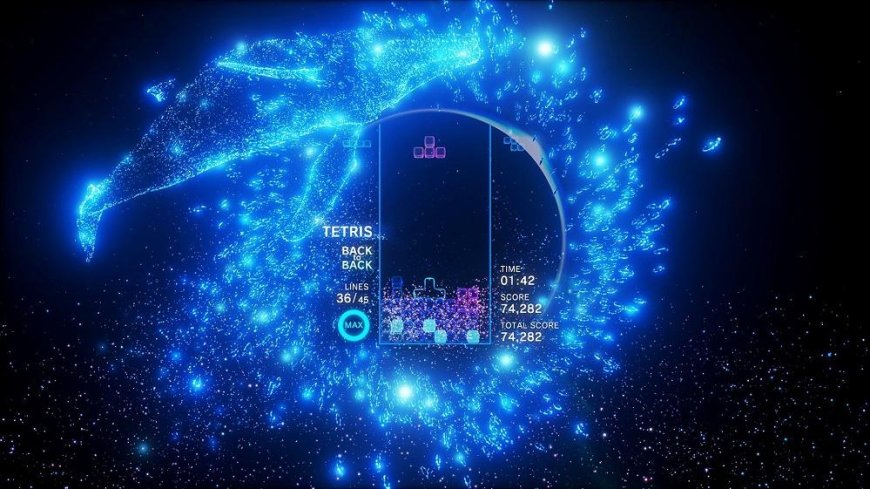The Tetris Effect: Does Playing Games Affect Your Brain?
If you've never heard of the Tetris effect, be sure to read this article. This is an extremely fascinating psychological effect that explains

If you've never heard of the Tetris effect, be sure to read this article. This is an extremely fascinating psychological effect that explains a lot about how the human brain works.
The things we do every day can affect the way we think. The more time we spend on something, the more it shapes the way we perceive the world, and there are cases where that impact is enormous. One example of how this mechanism works is the Tetris effect.
The Tetris Effect takes its name from the popular video game where you arrange colored blocks of different shapes with no gaps between them. This is one of the most addicting video games of all time.
Adults, children and people of all ages have spent hundreds of hours with it. Some studies say that the mechanics used in this game are related to the way we choose our daily activities.
Read on to find out what exactly the Tetris Effect is. It is not dangerous in any way, but it can tell a lot about the way the human mind works. It will also help to understand why the human brain is so powerful.
What exactly is the Tetris effect?
Tetris is one of the most studied video games in psychology. The way it was designed has helped us learn more about some of the types of memory that humans possess, as well as about attention and information processing. But one of the most fascinating things about this game is the impact it has on the way you see the world.
Several studies have shown that playing Tetris over a long period of time can affect your thought processes, mental images, and dreams. From what they could tell, the people who were most influenced by this game were those who spent the most time playing. They started looking at the world through the prism of this video game.
Regular Tetris players wondered how to match up items in the real world. For example, they tried to find ways to better organize shelves in grocery stores or imagine what different buildings would look like if they were glued together.
Some even had hallucinations in which they saw blocks of Tetris falling from the sky.
For other people, the Tetris effect meant they saw familiar colored blocks in their sleep or as hypnagogic hallucinations. Neither of these symptoms caused them much trouble, but scientists found it extremely fascinating that a simple game could have such a big impact on perception.
What causes the Tetris effect?
Some psychologists believe it's just a matter of habit. Some people spend hours playing this game, so their mind begins to perceive the world through the lens of the game. If so, it is most likely simply related to a particular type of procedural memory.
Must Read: Spending time among the trees has been linked to better brain health in children
However, some studies that analyzed brain scans found that Tetris had a direct effect on the configuration of the brain. For example, a study found that playing twelve 30-minute sessions can thicken a player's gray matter.
This part of our brain is directly related to intelligence, cognitive flexibility, and many other abilities. This led scientists to conclude that playing Tetris could actually improve a person's mental abilities. If you look at it this way, it can be considered a benefit to playing games.
Other cases of the Tetris effect
The mentioned change in the way of thinking and perceiving the world takes place not only after playing Tetris. Many different activities can have such an effect on our brain.
For example, quickly stacking a Rubik's Cube (also known as speedcubing) can affect visual perception and logical thinking. The same is true of regular use of a programming language or learning math. When you learn advanced math, it can change the way you understand reality.
The Tetris effect can also affect other senses. For example, what we call "sea legs" (the feeling you get when you are standing ashore after being on the boat for a while) is also reminiscent of the Tetris effect.
While this topic has yet to be explored in depth, it has already changed our understanding of the true potential of the human brain. Isn't that fascinating?
